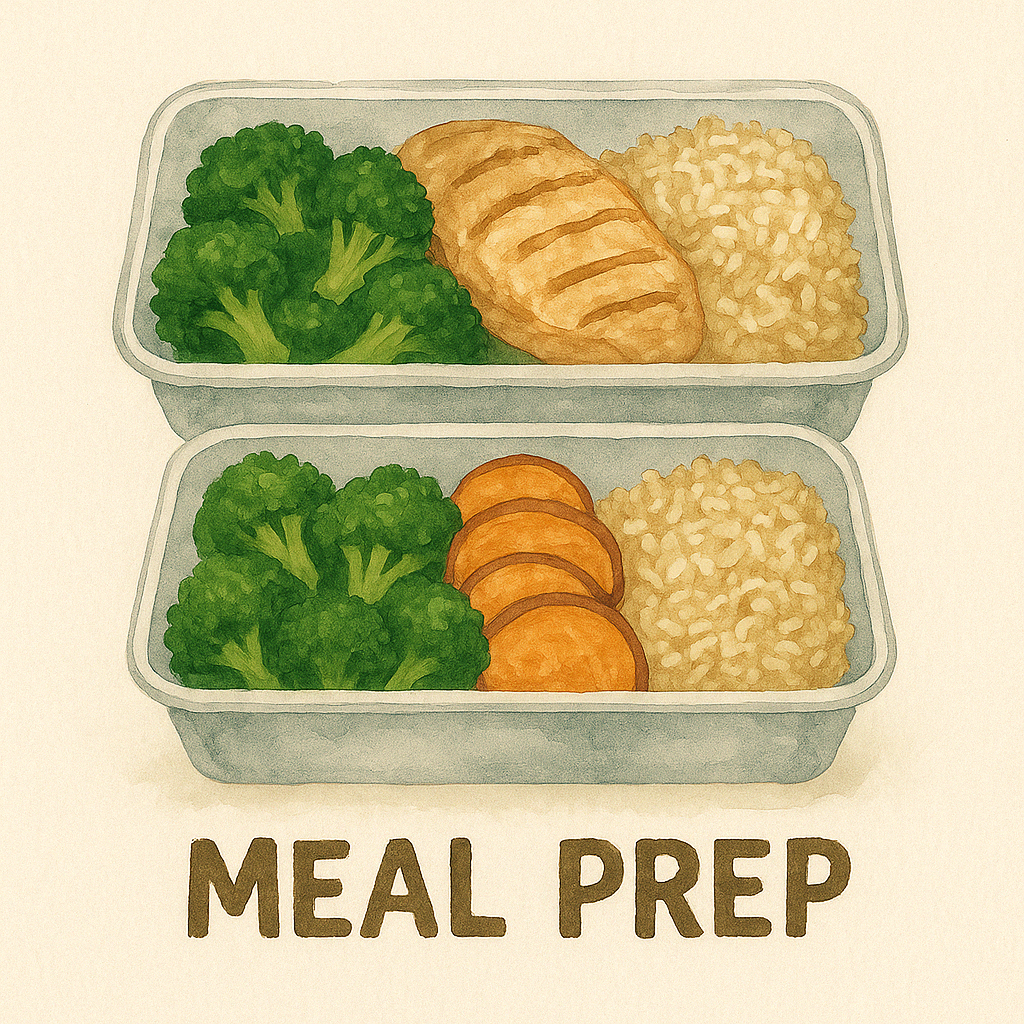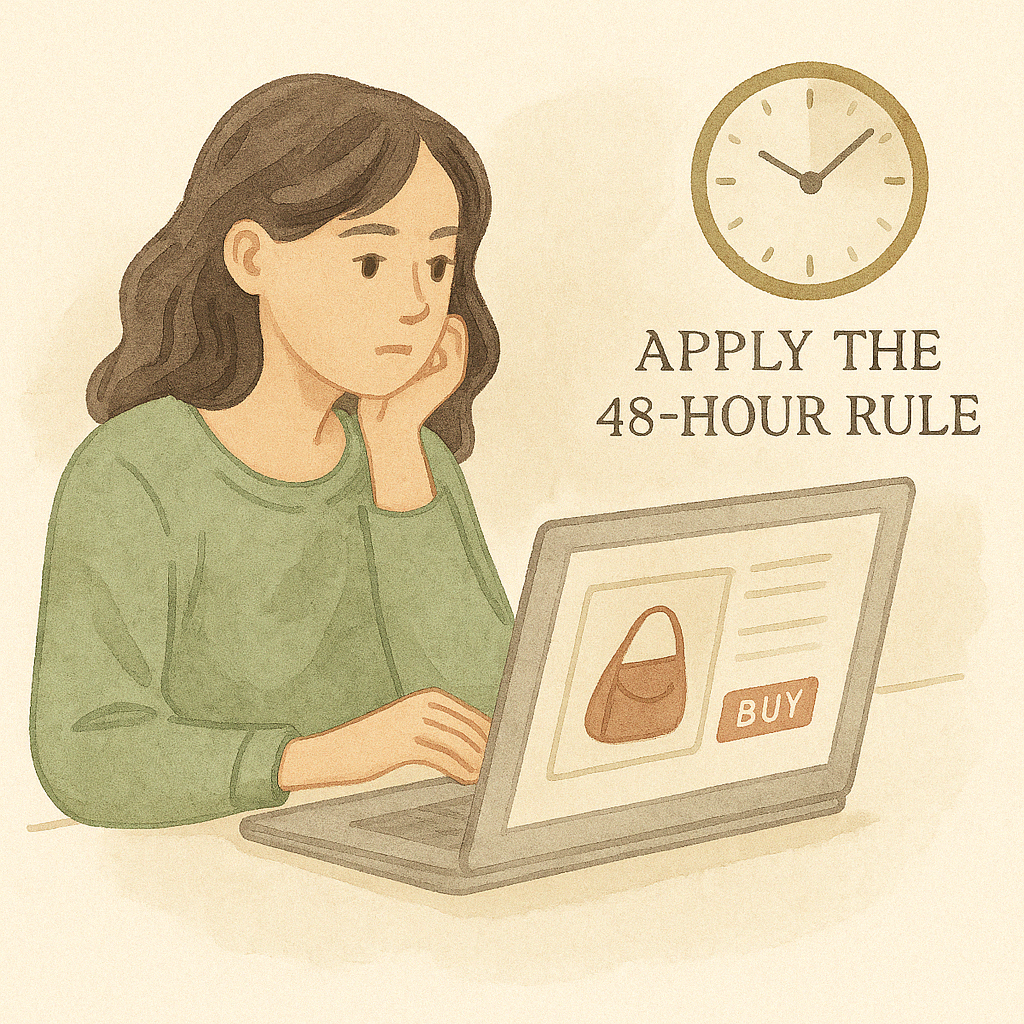In today’s world where prices keep rising and saving money feels harder than ever, many of us are asking the same question — “How can I realistically save more money without drastically changing my life?” I’ve been exploring that myself, and through trial and error, as well as inspiration from different countries, I’ve found five practical strategies that actually work.
These are not just generic tips, but real-life, sustainable habits that anyone can start right now. Let’s get into it.

1. Start With Fixed Expenses
The first step to saving is knowing where your money goes every month, especially the fixed costs like
mobileplans,subscription services, insurance, rent, and so on. Many people overlook these because they’re automated and feel “necessary.” But you’d be surprised how much you can trim here.
I personally switched to a cheaper mobile plan that fit my actual usage and saved over $20 a month. I also canceled some overlapping streaming subscriptions and started sharing accounts with family instead.
In the U.S., many call this a “subscription diet” — reviewing and canceling all non-essential subscriptions. Some people report saving hundreds of dollars a year just by doing this.
Reducing fixed expenses means saving money automatically, every month.

2. Cut Food Costs by Planning
Food is a tricky area — you don’t want to compromise your health or enjoyment. So instead of just cutting down, I focused on buying smarter.
I now shop once a week with a pre-planned grocery list based on my weekly meal plan. This helps me avoid impulse buying and ensures I actually use what I buy. I also make a habit of using up ingredients I already have — what I like to call “fridge-clearing meals.”
In the UK, “meal prep” culture is strong. People cook all their meals for the week over the weekend, which saves both time and money. I found this particularly helpful for solo living.
With proper planning, you can easily save 20–30% on food without sacrificing quality.

3. Apply the 48-Hour Rule Before Buying
This method changed my life. Now, whenever I want to buy something, I add it to my cart and wait 48 hours. That’s it. No impulsive purchases.
At first, it felt frustrating, but I quickly realized that if I really wanted something, I still wanted it after 2 days. If not, the urge simply passed. This technique is popular in the U.S. and often called the “48-Hour Rule.”
Controlling emotional purchases is one of the fastest ways to boost your savings.

4. Sell Unused Items & Buy Second-Hand
We all have things lying around that we don’t use. Every few months, I go through my closet and storage to find things to sell. You’ll be surprised how much hidden value is just sitting in your home.
When I need to buy something new, I check second-hand platforms first. Items like electronics, furniture, and books are often in great condition and cost much less used.
In Germany, “zero-waste” living is growing in popularity, and many people choose second-hand over new to save money and reduce waste. It’s good for your wallet and the planet.
Your clutter might just be your next source of cash.

5. Track Spending & Set a Monthly Budget
You can follow all the tips in the world, but if you don’t understand your money flow, it’s hard to improve. I’ve made it a habit to review my spending every month and set a basic budget for the next.
I divide my budget into categories like daily expenses, occasional spending (gifts, doctor visits), emergency funds, and savings. This helps prevent overspending and gives me peace of mind.
In Scandinavian countries like Finland and Sweden, personal budgeting is often taught from a young age. It builds a solid financial mindset for the long run.
Without a plan, money tends to disappear without you even noticing.
Saving money isn’t just about spending less — it’s about spending with intention.
All five strategies I’ve shared are practical, flexible, and beginner-friendly. Start with just one, and you’ll be amazed at how much control and clarity you can gain over your finances.
Once saving becomes a habit, spending becomes more freeing. You’ll feel less guilt, more power, and greater freedom.
Have your own tips or experiences? I’d love to hear them in the comments below!